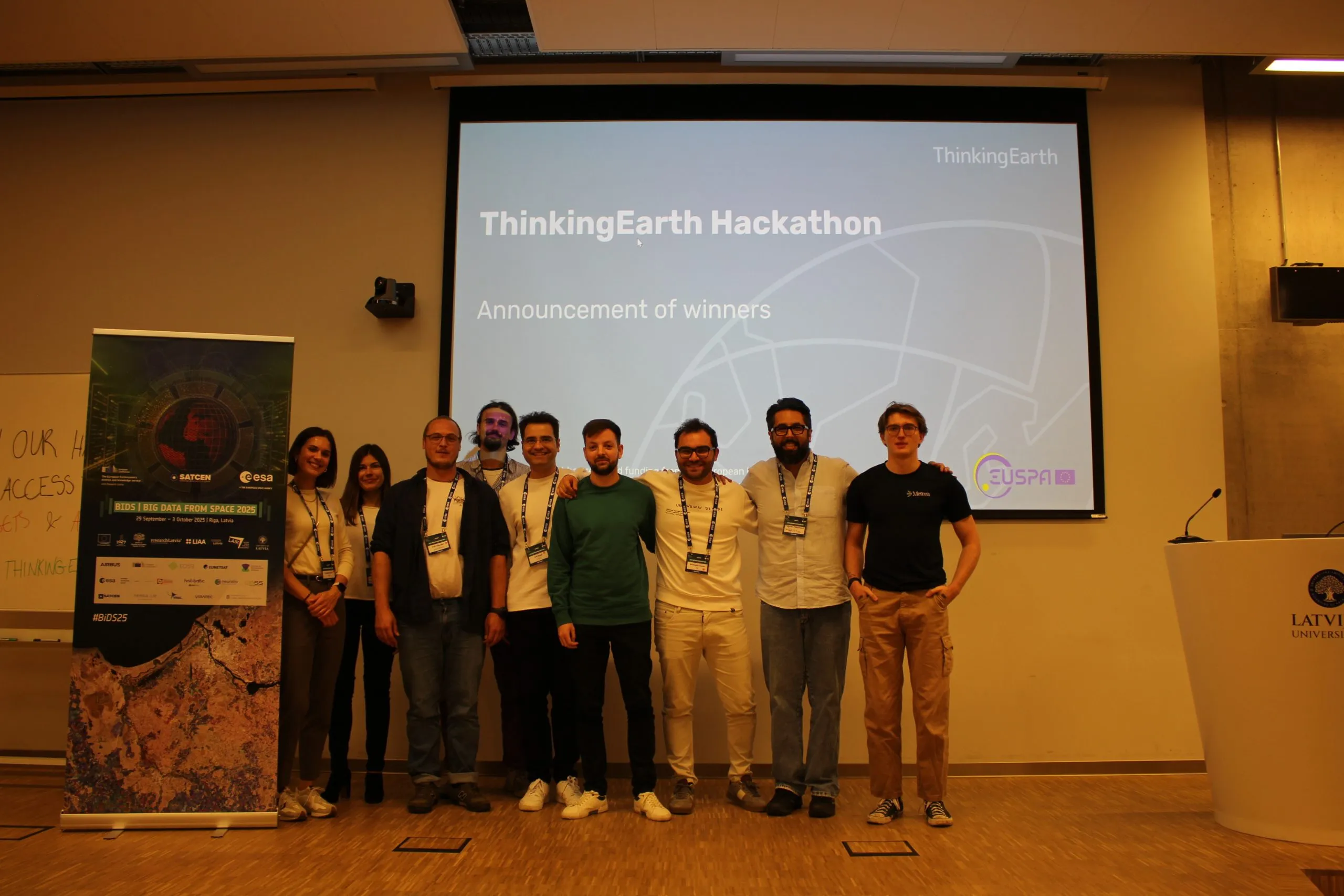ThinkingEarth’s role in the Causal Impact of Humanitarian Aid on Food Security

The paper “Assessing the causal impact of Humanitarian aid on Food Security”, published by ThinkingEarth’s partners Universitat de València, assessed the impact of cash-based interventions on food insecurity. Using the Horn of Africa as an example, this research identified causes of malnutrition, creating a unified database with socio-economic, weather, and remote sensing data.
Designing effective humanitarian interventions in resource-limited situations is a pressing challenge. There is an increasing gap between funding of cash-based interventions and the ever-changing needs of the people experiencing this crisis. Although this is continuously researched, best practices remain scarce. Although, cash-based interventions remain effective, it varies widely and standardised methods are difficult too evaluate.
Luckily, advancements in Earth Observation tools have helped monitor the impact of climate change on food insecurity. By utilising causal inference and representation methods, combined with big Copernicus data and socioeconomic indicators, our understanding on food insecurity on a case-by-case basis can improve.
What is ThinkingEarths Role?
Thinking Earth’s Use Case 3 explores “Causality for food security under Climate Change”, developed by the Universitat de València in collaboration with the World Food Programme. It aims to tackle the gaps in food insecurity research and methodology by:
- Developing a new approach to learn feature representations and understand the target food security indicators, (e.g., Food Consumption Score (FCS) & Reduced Coping Strategies Index (rCSI)), from multiscale and multisource data,
- Demonstrate the use of causal Machine Learning to link the impacts of climate and socioeconomic factors on food insecurity,
- Enhance food insecurity risk assessment by enabling the interpretation and evaluation of specific interventions’ likelihood and potential consequences.
If data is available, causal inference can assess the effectiveness of interventions in specific areas, helping target aid where on-ground surveys aren’t possible. This approach could increase accountability and transparency among humanitarian organisations, encouraging people to contribute to more impactful and traceable aid efforts.
Share
Read next

How Thinking Earth helps biodiversity monitoring in urban environments

Consistent Flood Mapping and Forecasting with ThinkingEarth

The ThinkingEarth Hackathon at BiDS 2025: showcasing AI innovation for Earth Observation


